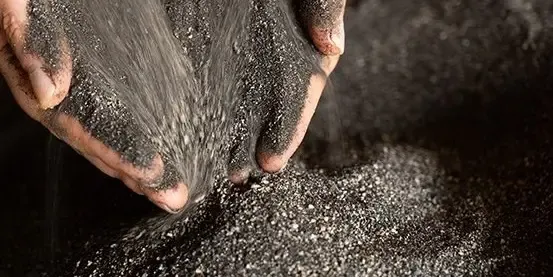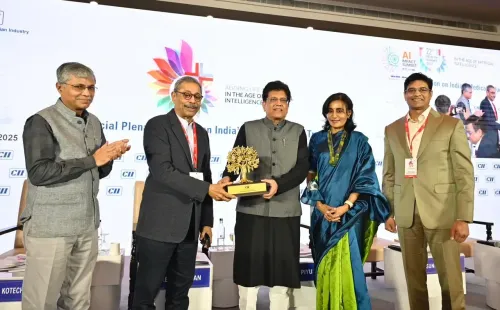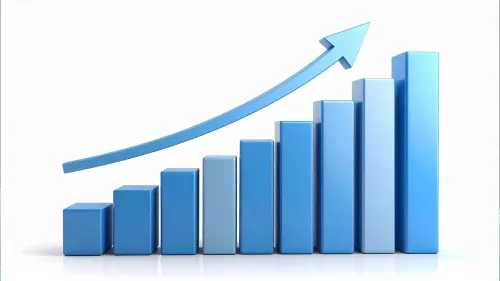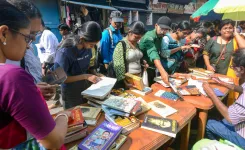South Korea and Australia Commit to Enhanced Energy and Mineral Cooperation

Synopsis
Key Takeaways
- Enhanced cooperation between South Korea and Australia on energy and minerals.
- Focus on stable supply chains amid global economic challenges.
- Engagement through G20 and multilateral frameworks.
- Australia's rich resource potential includes lithium and clean hydrogen.
- Volatility in the Korean won exchange rate reaches record levels.
Seoul, April 13 (NationPress) South Korea and Australia have decided to enhance their bilateral collaboration in the fields of critical minerals and energy as part of broader initiatives to address escalating global economic uncertainties, as announced by Seoul's finance ministry on Sunday.
This agreement was formed during a virtual discussion on Friday between South Korea's Finance Minister Choi Sang-mok and Australian Treasurer Jim Chalmers, according to the Ministry of Economy and Finance.
During their conversation, the ministers acknowledged that rising uncertainties in the global trade landscape could adversely affect their trade-reliant economies, as reported by Yonhap news agency.
To tackle these issues, they highlighted the necessity of mutually beneficial collaboration to secure stable supply chains, particularly in the energy and essential minerals sectors, and agreed to pursue joint initiatives through the Group of 20 (G20) and other multilateral cooperative frameworks.
"As enduring partners, South Korea and Australia have committed to collaborating to navigate current challenges. South Korea will maintain close dialogue with Australia and other vital partner nations," the ministry stated in a release.
Australia is abundant in lithium, cobalt, liquefied natural gas, and numerous other natural resources, with significant potential for producing clean hydrogen and ammonia due to favorable climatic conditions, according to the ministry.
Meanwhile, fluctuations in South Korea's foreign exchange market hit their peak last week, marking the highest level since the country extended trading hours for the won–U.S. dollar market, data revealed on Sunday.
The weekly variation in the won–dollar exchange rate reached 67.6 won during the second week of April, the highest since July 2024, when Seoul expanded FX trading hours from a 3:30 p.m. close to 9 a.m.–2 a.m. the following day.
Compared to records before the extended trading hours, last week's fluctuation was the largest since the second week of November 2022, when the weekly fluctuation reached 101 won.
The Korean won was quoted at 1,421 against the U.S. dollar in after-hours trading on Friday, increasing by 40 won from the previous week. This represented the strongest level since December 5.
The local currency fell significantly below the 1,450-won level and has fluctuated around that mark since December amid increased uncertainty caused by U.S. tariff threats and a domestic political crisis initiated by then President Yoon Suk Yeol's unexpected declaration of martial law.









